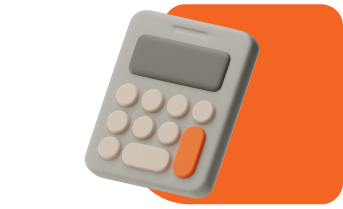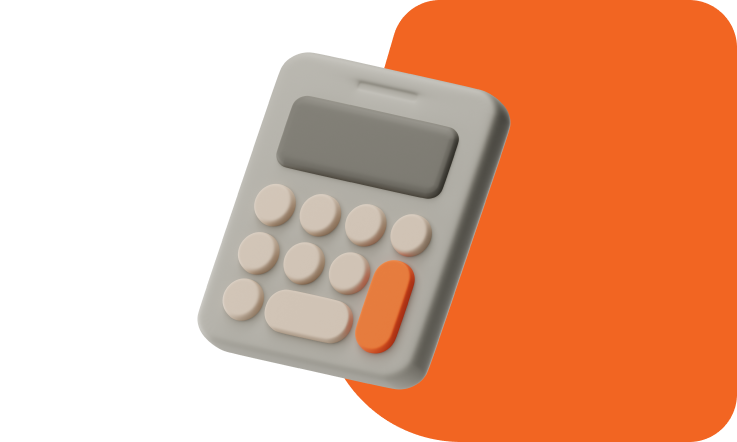IndiaFirst Life Guarantee of Life Dreams Plan
- Product Image
-

- Product Name
- Dropdown Field
- Guaranteed Returns
- Product Description
-
Wouldn't it be wonderful if we had a second source of income to support our dreams? Here is a way to make your dreams come true.
- Product Benefits
-
- Choice of 3 income Options
- Guaranteed Long-Term Income
- Life Insurance Cover
- Benefits of long-term Savings.
- Protection even if you miss one premium.
- Porduct Detail Page URL
- Product Buy Now URL and CTA Text
























